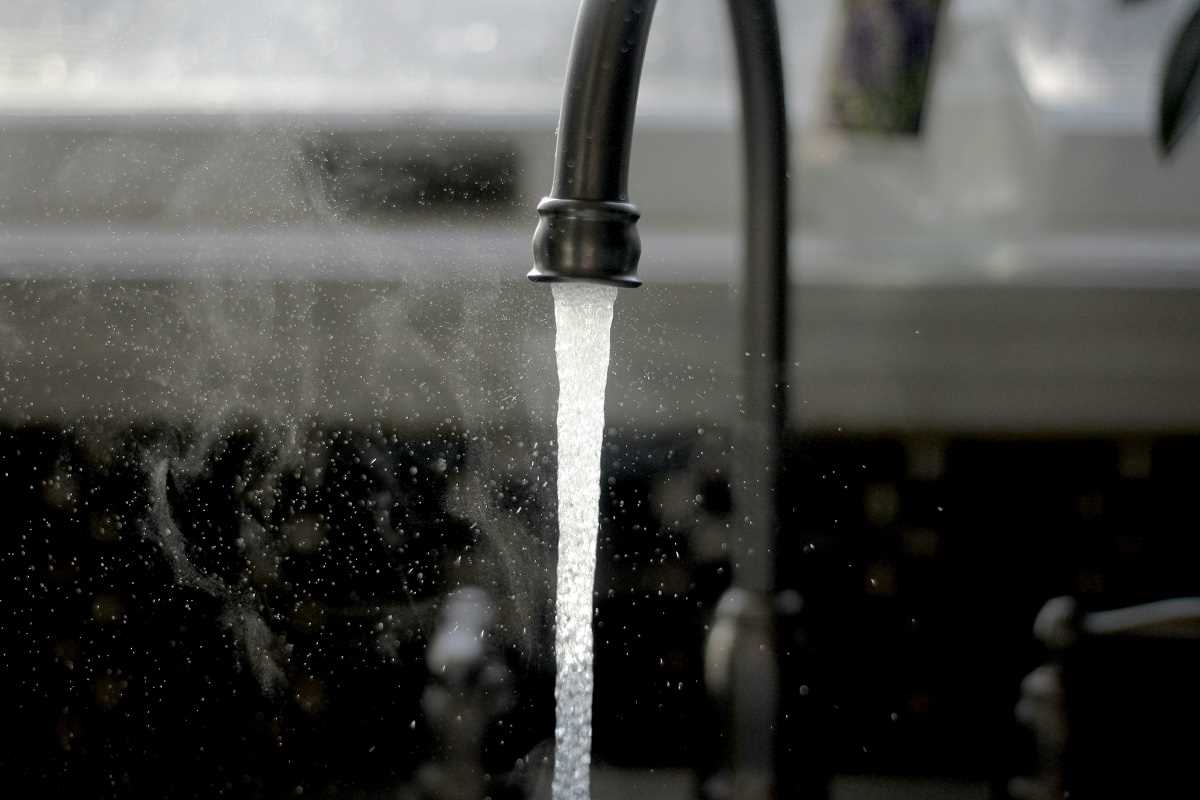Living in a city often means navigating tight spaces, fast-paced routines, and limited natural resources—but it doesn’t mean you have to compromise your values or overlook your environmental impact. Urban residents can still make conscious, responsible choices that support long-term well-being for both themselves and their surroundings. One smart and practical way to do this is by rethinking how water is used in the home. Greywater recycling, which involves repurposing water from showers, laundry, and sinks, allows you to make better use of everyday resources. It’s a simple yet powerful change that reduces waste and helps create a more thoughtful, efficient household.
Understanding Greywater
Greywater refers to wastewater generated from household activities such as bathing, washing dishes, and doing laundry. Unlike blackwater, which contains sewage and requires more intensive treatment, greywater can recycle for various non-potable uses, making it a game-changer for urban sustainability. Common sources of greywater include water from sinks, showers, tubs, and washing machines.
Finding ways to minimize waste and make the most of the resources we use daily involves embracing sustainable living. By understanding what greywater is and how you can utilize it, eco-conscious individuals take significant steps toward reducing their environmental impact.
Benefits of Greywater Recycling
- Environmental Impact: Reduces the demand for fresh water, preserves natural water sources, and decreases the strain on municipal treatment facilities.
- Cost Savings: Lowers your water bills by reusing water for irrigation, flushing toilets, and other non-potable needs.
- Soil Health: When used for gardening, greywater provides plants with essential nutrients, enhancing soil fertility and promoting healthier plant growth.
- Energy Conservation: Decreasing the volume of water that needs treatment and transportation saves energy, resulting in a smaller carbon footprint.
- Resilience: Helps communities become more resilient to water shortages and droughts by diversifying water sources.
Innovative Uses of Greywater in Urban Living
Greywater isn't just for watering plants. Creative applications in urban settings maximize its benefits and integrate seamlessly into modern lifestyles. For example, greywater can irrigate rooftop gardens, which not only conserves water but also cools buildings and improves air quality. Some urban dwellers use greywater for cleaning outdoor spaces, such as patios and driveways, reducing the need for fresh water.
Another innovative use involves constructing self-sustaining homes. These residences feature built-in greywater systems that automatically divert and treat greywater for various household uses. This integration streamlines the recycling process and educates residents about sustainable practices, creating a more environmentally responsible community.
Implementing Greywater Systems at Home
- Assess Your Water Sources: Identify where greywater is generated in your home, such as the bathroom, kitchen, and laundry areas. Determine the potential volume that can recycle.
- Choose the Right System: Depending on your needs and budget, select a greywater system that suits your household. Options range from simple bucket systems to more advanced CleanTech Water solutions.
- Install Proper Plumbing: Set up the necessary plumbing to divert greywater from its sources to your chosen recycling system. Consulting a professional might be beneficial to ensure proper installation.
- Select Appropriate Uses: Decide how you want to use the recycled greywater—whether for irrigation, toilet flushing, or cleaning tasks. This will guide the design of your system.
- Maintain Your System: Regularly check and clean your greywater system to prevent blockages and ensure efficient operation. Maintenance is key to the long-term success of greywater recycling.
Challenges and Considerations
While greywater recycling offers numerous benefits, challenges exist. One primary concern involves ensuring that greywater is free from harmful contaminants, especially if you use it for gardening or cleaning. Proper filtration and treatment are essential to mitigate any health risks. Local regulations and building codes can vary, so researching and complying with legal requirements before implementing a greywater system is crucial.
Another consideration is the initial cost of setting up a greywater system. Although the long-term savings are significant, the upfront investment can be a barrier for some households. Many communities offer incentives or rebates for eco-friendly home improvements, which can help offset these costs. Educating yourself about the system's operation and maintenance ensures that it remains effective and efficient over time.
Adopting greywater recycling represents a practical step toward a more sustainable and eco-friendly lifestyle in urban environments. By understanding what greywater is, recognizing its benefits, and taking actionable steps to implement recycling systems at home, you make a meaningful impact on both the environment and your household budget.
Embrace greywater recycling for a greener, sustainable urban lifestyle.
 (Image via
(Image via





